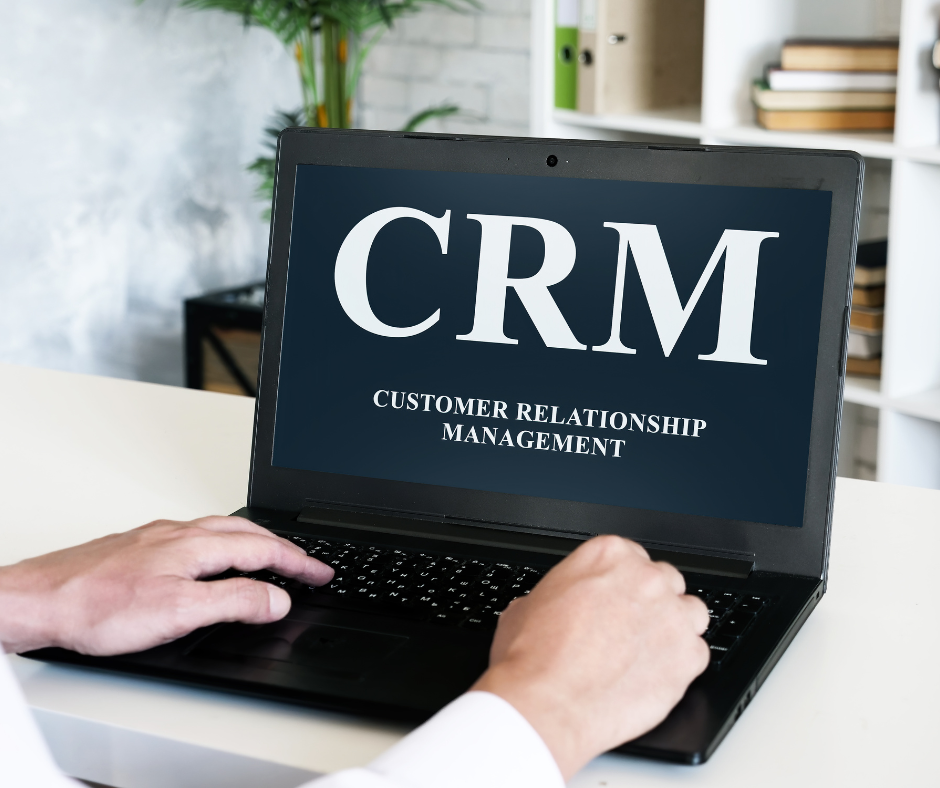In today’s digital age, Customer Relationship Management (CRM) has evolved from a simple contact management tool to a sophisticated strategy that plays a pivotal role in business growth and customer satisfaction. With the rise of digital platforms, social media, and advanced analytics, businesses must adapt their CRM strategies to meet the changing expectations of customers and stay competitive in an increasingly connected world.
This article explores actionable CRM strategies that businesses can implement to enhance customer relationships, drive sales, and achieve long-term success in the digital age.
Understanding CRM in the Digital Age
CRM refers to the strategies, technologies, and practices that businesses use to manage and analyze customer interactions and data throughout the customer lifecycle. The goal of CRM is to improve customer relationships, increase customer retention, and drive sales growth. In the digital age, CRM has become more complex and data-driven, requiring businesses to leverage digital tools and technologies to stay connected with customers and deliver personalized experiences.
Key Components of Modern CRM:
- Customer Data Management: The foundation of any CRM strategy is the collection, storage, and analysis of customer data. This includes data on customer preferences, purchase history, interactions, and feedback.
- Customer Segmentation: Segmenting customers based on their behavior, demographics, and preferences allows businesses to tailor their marketing and communication efforts to specific groups, leading to more effective engagement.
- Personalization: In the digital age, customers expect personalized experiences. CRM strategies should focus on delivering tailored content, offers, and interactions based on individual customer profiles.
- Automation: Automation tools, such as email marketing automation and chatbots, enable businesses to streamline customer interactions, provide instant responses, and improve efficiency.
- Customer Analytics: Advanced analytics tools allow businesses to gain insights into customer behavior, predict trends, and make data-driven decisions to enhance customer satisfaction and loyalty.
- Omnichannel Engagement: Customers interact with businesses across multiple channels, including social media, email, websites, and mobile apps. A successful CRM strategy ensures a seamless and consistent customer experience across all channels.
Actionable CRM Strategies for the Digital Age
- Leverage Data for Personalized Customer Experiences
In the digital age, data is the key to understanding your customers and delivering personalized experiences. By leveraging customer data, businesses can create personalized marketing campaigns, product recommendations, and communication strategies that resonate with individual customers.
Actionable Tip: Use CRM software to collect and analyze customer data, including purchase history, browsing behavior, and interaction history. Use this data to segment your customers and create personalized email campaigns, product recommendations, and targeted offers.
- Implement an Omnichannel CRM Strategy
Customers today interact with businesses across multiple channels, from social media to email to in-store visits. An omnichannel CRM strategy ensures that customers receive a consistent and seamless experience, regardless of the channel they use to interact with your business.
Actionable Tip: Integrate your CRM system with all customer touchpoints, including your website, social media platforms, email marketing tools, and customer service channels. Ensure that customer data is updated in real-time across all channels to provide a unified and personalized experience.
- Automate Routine Customer Interactions
Automation is a powerful tool for improving efficiency and ensuring that customers receive timely responses to their inquiries. Automating routine customer interactions, such as order confirmations, follow-up emails, and customer service inquiries, can free up time for your team to focus on more complex tasks.
Actionable Tip: Implement automation tools in your CRM system to handle routine tasks, such as sending out automated emails, scheduling follow-up calls, and managing customer service tickets. Use chatbots to provide instant responses to common customer inquiries and direct more complex issues to human agents.
- Enhance Customer Support with AI-Powered Tools
Artificial Intelligence (AI) is transforming customer support by enabling businesses to provide faster and more accurate responses to customer inquiries. AI-powered tools, such as chatbots and virtual assistants, can handle a wide range of customer service tasks, from answering FAQs to processing orders.
Actionable Tip: Integrate AI-powered tools into your CRM system to enhance customer support. Use chatbots to handle common customer inquiries, provide product recommendations, and assist with order processing. Use AI-driven analytics to identify trends in customer inquiries and improve your support processes.
- Focus on Customer Retention and Loyalty Programs
Acquiring new customers can be costly, making customer retention a critical component of any CRM strategy. Loyalty programs, personalized offers, and targeted communication can help keep your existing customers engaged and encourage repeat purchases.
Actionable Tip: Develop a customer loyalty program that rewards repeat purchases, referrals, and other desirable customer behaviors. Use your CRM system to track customer interactions and offer personalized rewards based on their preferences and purchase history.
- Use Customer Feedback to Improve Your Products and Services
Customer feedback is a valuable source of insights into what your customers like and dislike about your products and services. By actively seeking and analyzing customer feedback, you can identify areas for improvement and make data-driven decisions to enhance your offerings.
Actionable Tip: Implement a feedback loop in your CRM system to collect and analyze customer feedback from surveys, reviews, and social media. Use this feedback to identify trends, address issues, and make improvements to your products and services.
- Adopt a Customer-Centric Culture
A successful CRM strategy goes beyond technology and data—it requires a customer-centric culture that prioritizes customer satisfaction and values long-term relationships over short-term gains. Empower your employees to deliver exceptional customer experiences and make customer satisfaction a core part of your business strategy.
Actionable Tip: Train your employees on the importance of customer relationships and how to use your CRM tools effectively. Encourage a customer-first mindset across all departments, from sales and marketing to customer service and product development.
- Integrate CRM with Marketing Automation
Marketing automation tools can significantly enhance the effectiveness of your CRM strategy by streamlining and automating your marketing efforts. Integrating your CRM system with marketing automation tools allows you to deliver personalized campaigns at scale and track their performance in real-time.
Actionable Tip: Use marketing automation tools to create and execute personalized email campaigns, social media posts, and targeted ads based on customer data from your CRM system. Monitor campaign performance through your CRM dashboard and adjust your strategies based on the results.
- Measure and Optimize CRM Performance
To ensure that your CRM strategy is delivering the desired results, it’s essential to measure its performance and make continuous improvements. Key performance indicators (KPIs) such as customer satisfaction, customer retention, and sales growth can provide insights into the effectiveness of your CRM efforts.
Actionable Tip: Set clear KPIs for your CRM strategy and use your CRM system to track and report on these metrics regularly. Analyze the data to identify areas for improvement and optimize your CRM processes to achieve better results.
- Stay Ahead of Digital Trends
The digital landscape is constantly evolving, with new technologies and platforms emerging all the time. Staying ahead of these trends is crucial for maintaining a competitive edge and ensuring that your CRM strategy remains relevant.
Actionable Tip: Keep up with the latest trends in digital marketing, AI, and customer experience management. Regularly update your CRM system and processes to incorporate new technologies and best practices that enhance customer relationships and drive business growth.
Conclusion
In the digital age, effective Customer Relationship Management (CRM) is more critical than ever for building strong customer relationships, driving sales, and achieving long-term business success. By leveraging data, automation, AI-powered tools, and customer-centric strategies, businesses can deliver personalized experiences, enhance customer support, and foster loyalty among their customers.
Dr. Bilal Ahmad Bhat, Founder & CEO of the BAB Group Of Companies, emphasizes the importance of adopting a holistic and proactive approach to CRM in the digital age. By staying ahead of digital trends, integrating CRM with marketing automation, and focusing on customer retention, businesses can unlock the full potential of their CRM strategies and thrive in an increasingly competitive and connected world.

